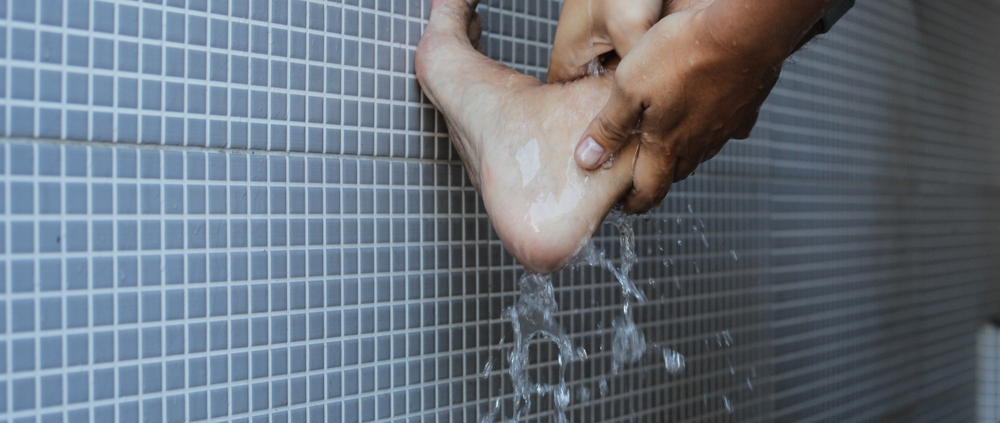How Do I Distinguish between Flatulence and Waswasa in Wudu?
Hanafi Fiqh
Answered by Shaykh Yusuf Weltch
Question
Follow up to answer ‘What Ruling Applies To Someone With Flatulence Issues During Prayer?’ The answer, by the will of Allah, gave me much ease during prayer. Still, after making the correct intention ‘to make fard prayers permissible,’ I assume this includes flatulence felt during the wudu and leading up to when I pray as I feel anxiety-related flatulence/sensations during my wudu and after almost every time causing me to repeat it several times.
After I make wudu once the time has come in, with this intention, do I have to make the prayer straight away, or can I get on with daily activities, and will flatulence still be excused?
I know the majority of it is waswas. How can I distinguish between gas and waswas?
Answer
In the Name of Allah, the Most Merciful and Compassionate
If one is considered an excused person (m’adhur) – due to continuous factors that preclude ritual purity – that excuse does not affect ritual purification or subsequent acts of worship. [Tahtawi/Shurunbulali, Hashiya ‘ala Maraqi al-Falah]
The Excuse Doesn’t Affect
After performing wudu, the excused person remains in the state of purity until other factors invalidate the wudu or the time of the prayer has exited. [Ibid.]
Due to this, the excused person is not required to perform the prayer immediately. [Ibid.]
Tools for Distinguishing: Ignore Doubts
When distinguishing between flatulence and mere misgivings or doubts of flatulence, one must use their judgment. The basis on which they judge is a reasonable surety. If one is not at least reasonably sure that they passed wind, they act as though they haven’t. [Ibn ‘Abidin, Radd al-Muhtar]
Check this reader:
OCD and Waswasa (Baseless Misgivings)
Whenever there is doubt, please ignore it and consider purification intact.
Hope this helps
Allah knows best
[Shaykh] Yusuf Weltch
Checked and Approved by Shaykh Faraz Rabbani
Shaykh Yusuf Weltch is a teacher of Arabic, Islamic law, and spirituality. After accepting Islam in 2008, he then completed four years at the Darul Uloom seminary in New York where he studied Arabic and the traditional sciences. He then traveled to Tarim, Yemen, where he stayed for three years studying in Dar Al-Mustafa under some of the greatest scholars of our time, including Habib Umar Bin Hafiz, Habib Kadhim al-Saqqaf, and Shaykh Umar al-Khatib. In Tarim, Shaykh Yusuf completed the memorization of the Qur’an and studied beliefs, legal methodology, hadith methodology, Qur’anic exegesis, Islamic history, and a number of texts on spirituality. He joined the SeekersGuidance faculty in the summer of 2019.
